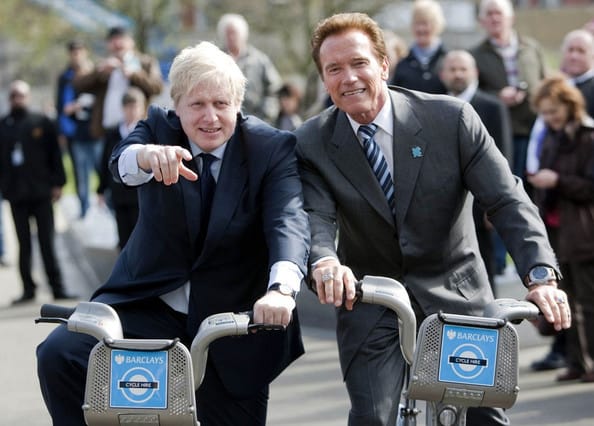Commute your way to good health
A little exercise really does go a long way: Laurence Pope discusses new research on the effects commuting has on the prevention of diabetes.

Who needs Ethos when you’ve got the London Underground? New research from Imperial College London and University College London shows that actively travelling to work (cycling, brisk walking or even using public transport) confers more health benefits than you’d initially suspect.
Most people recognise that ‘diseases of affluence’ are on the rise. Cardiovascular disease (CVD), type II diabetes and hypertension (high blood pressure) are just three diseases currently plaguing Western nations. Though their rise has multiple suspected causes a lack of exercise is frequently cited. However, while you can slave away at the gym simply actively travelling into work or college offers tangible health benefits.
“It’s not just about getting sweaty in the gym,” says Jennifer Mindell, one of the paper’s authors and a member the Research Department of Epidemiology & Public Health at UCL. “Exercise is much more than that.”
The research team analysed data collected between January 2009 – March 2011 by Understanding Society, a survey group that gathers socioeconomic and health data from UK households for research groups to use. In total over 20,000 people were included within the study.
Compared to those who used private transport, i.e. cars or taxis, people who regularly used any form of active transport had a significantly reduced likelihood of being overweight or obese. In addition walkers and cyclists had a reduced likelihood of having type II diabetes, though only walkers enjoyed lowered blood pressure. The data adds to the growing evidence that active travel can have a significant impact upon health.
The paper suggests that public policy decisions should take this information into account. Considering the low uptake of cycling across the UK according to the data it seems prudent to address the issue first. But it’s not just about improving cycle lanes.
“More 20 mile-an-hour speed limits in built-up areas will help,” says Jennifer. “The media also needs to stop putting out the false impression that cycling is especially dangerous. It’s no more dangerous than other forms of transport.” In a 2012 PLOS One study Jennifer and colleagues concluded that cyclists suffered almost equal numbers of fatalities compared to pedestrians and drivers. Cycling is just as dangerous as taking to the pavement.
Obviously for London students buying and maintaining a car or hiring a private taxi every day is ludicrously expensive, but the data confirms that getting older leads to an increased use of private transport. The results suggest that it’d be in your best interests to askew the wheels and find another way to commute. Your body will thank you later.
Active Travel to Work and Cardiovascular Risk Factors in the United Kingdom; DOI: 10.1016/j.amepre.2013.04.012 (To be published)








